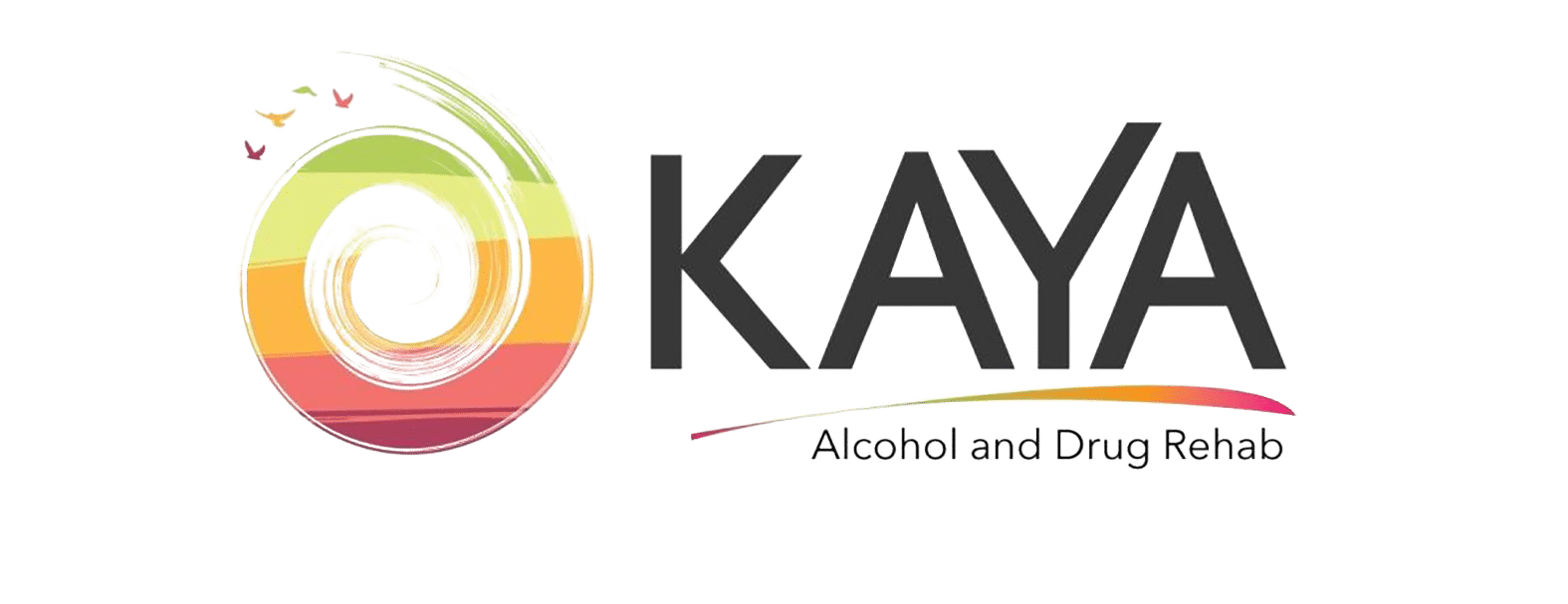Relapse prevention primarily deals with maintaining sobriety and avoiding patterns of harmful behavior. It can be achieved by promoting
health-promoting behaviors like developing new skills, identifying triggers, managing cravings, and the like.
Relapse prevention includes a wide range of goals, depending on what works for you.
Proper goal-setting, especially a personalized plan, is important as this will be the foundation for total recovery once you’re out of rehab.
Understanding the Craving
Cravings involve strong psychological and physical desire to engage in your previous harmful behavior. Cravings are often stimulated by triggers. These triggers can be a particular person, situation, feeling, or memory – either good or bad. The person experiencing craving may experience feelings of depression and deprivation. This can lead to permissive thoughts and irrational excuses that leads to action.
Knowing the Triggers
Unlike in a controlled environment of a treatment center, they are exposed to both internal and external triggers.
It is important to know what these triggers are and addressing them.
Internal Triggers
Unlike in a controlled environment of a treatment center, they are exposed to both internal and external triggers. It is important to know what these triggers are and addressing them.
Internal triggers are self-stimulated. The person usually draws it from past experiences, events, feelings, memory, and the like.
- Feelings of exhaustion, loneliness, boredom, etc. They might think of drinking or smoke a joint for relief.
- As a way of rewarding one’s self after an accomplishment or after receiving their paycheck.
- Sudden recall of a pleasurable event in the past involving alcohol and drug use.
- Craving which can be physiological in nature such as withdrawal symptoms. It may manifest through tremors, insomnia, changes in appetite, and irritability.
External Triggers
Examples of external triggers may include:
- Seeing an advertisement on TV or on the Web.
- An argument with their boss, partner or relative.
- A social event that allows alcohol being served.
- An invitation from a friend to engage in substance use.
Relapse Prevention Tips
Developing a relapse prevention plan helps you take alternative ways to deal with triggers and cravings. It also gives you the opportunity to reach your goals because you are committed to it. In general, here are some tips that assist you in writing your plan:
- Maintain a well-balanced life. It often starts with eating a balanced diet, getting enough rest, regular exercise, making time for recreation, and employing time-management.
- Practice self-awareness. The biggest factor for your success in recovery, believe it or not, is you. You are responsible for monitoring and evaluating yourself. Keeping yourself clean and sober lies on your commitment to follow the plan. In the end, it will be you who has all the gains.
- Establish your own support system who can guide and watch over you.
- Adapt a day-to-day basis for managing feelings and stress. Deal with problems as they happen. Don’t let it build up inside. Vent out or seek help in you need to.
- Employ creative ways for managing your emotions. You may try meditation, journaling, a 30-minute walk, etc.
